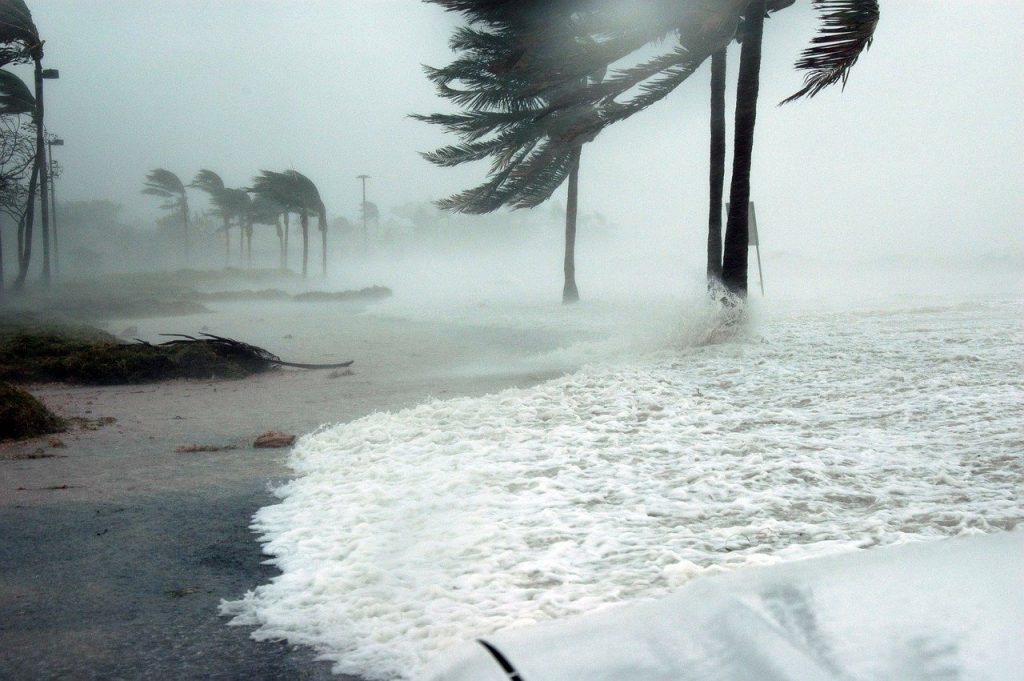Global Warming and Hurricane Intensity

I read with interest the article by Ken Kaye on two scientist’s challenge of other scientist’s linking warmer oceans to more intense hurricanes.
The consensus belief, as reported by the media and the article is that “global warming eventually will spawn super-strong storms – the warmer the oceans the more powerful the hurricanes.” Also stated in the article is that “a large segment of the scientific community say a growing number of studies hold that global warming is steadily increasing the intensity, duration, and number of tropical systems”. Those beliefs imply that global warming is THE major factor for hurricane intensity and for more, longer lasting, storms. To characterize it that way, is at best, overly simplistic. In fact, it is misleading.
There are many complex and interrelated factors that determine the intensity of tropical cyclones (“hurricanes” in the Atlantic Basin – “typhoons” in the tropical north Pacific). The recent season had 15 named storms – an above average season. NOAA predicted an above average season, based in part on above average sea temperatures in the tropical waters. It was an above average season for the number of storms. Six of the 15 storms became hurricanes. However, 9 of the 15 storms existed as a tropical storm or hurricane for only 2 days and another lasted 3 days. Clearly, the higher sea surface temperatures did not play the major role in either the intensity or the duration of the storms during this season.
I agree with the idea alluded to by the authors of the study (Vecchi and Soden) that challenged the concept implying that global warming would be the major factor for more intense hurricanes. I believe that large-scale hemispheric wind patterns, in conjunction with atmospheric thermodynamics are the very important factors for determining the intensity of tropical cyclones.
Hard evidence of that belief is based, in part, on an average of about 100 tropical disturbances travelling over warm tropical waters with only about 10%, on average, developing further into named storms and an average of a little more than 5% becoming hurricanes. There needs to be both necessary and sufficient atmospheric and oceanic conditions to generate hurricanes, and in particular, very strong hurricanes.
One can say, other things being equal, the temperature of the sea surface IS a major factor for the intensity of hurricanes. To imply, or make a blanket statement, that global warming is, by itself, to blame for more, and stronger, longer duration hurricanes, is incorrect.